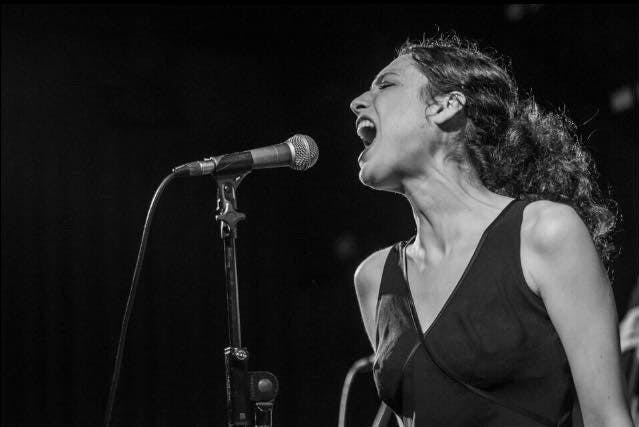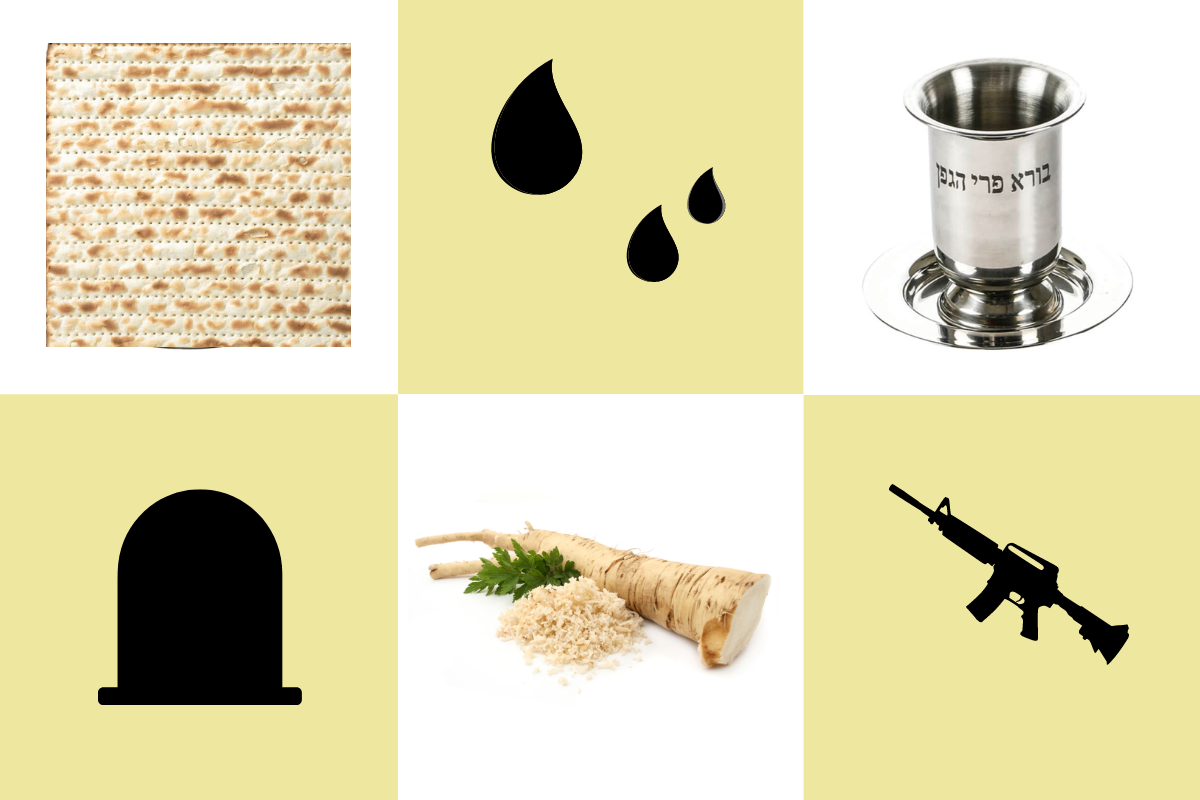Published: 16 September 2017
Last updated: 5 March 2024
To many victims and survivors of child sexual abuse, especially those abused within an institutional setting, Jewish festivals are a particularly challenging period. They trigger thoughts and behaviours that may be incomprehensible to others. The desire to survive this period – to literally remain alive – may often be a daily, if not an hourly challenge to many.
Unfortunately, based on personal experience, I fully understand some of these challenges.
I was raised in an ultra-Orthodox Chabad family. Between the ages of around 11 until 14 and a half – some of the most important years of a religious child, which includes the venerated year of the bar mitzvah (13) – I was sexually abused, by two different men. Some of the abuse took place inside places of religious significance, including a synagogue and a mikvah (ritual bath).
Naturally, during the period of abuse and its aftermath, I rebelled against everything I knew – not least my religion. This extracted an additional price from me in terms of my family, school and community.
It is important to highlight the impact sexual abuse and its aftermath has on the Jewish identity of its countless victims.
To me, the place I feel most uncomfortable in the world is inside a synagogue. I also instinctively tune out of most religious discussions; religion itself disinterests me (as opposed to my community, history, traditions, etc.). I am unsure whether I believe in God.
Religious studies and texts cause me difficult emotional responses. They often act as an unhealthy trigger, which is often challenging to handle.
The concept of forgiveness is an important one in Judaism; a core Jewish value. At least that’s what I was taught at my childhood school, Yeshivah College, the venue of some of my abuse.
Of course, often, seeking or accepting forgiveness is not easy. Acknowledging our mistakes may seem like increasing our vulnerability. And acknowledging the mistakes of others, especially in circumstances where they have hurt us in a profound way, may seem insufficient through a mere apology, at least initially.
But forgiveness is a human necessity, especially in the context of significant injustices. Moreover, forgiveness may be a powerful tool – both for the one giving the apology and its recipient.
Over the years I have sought to forgive the many who have wronged me and others – for the cover-ups, intimidation and/or inaction. My only condition has been that the apology be genuine, which has not necessarily always been easy to discern. I have received and accepted dozens of such apologies, including by those claiming to adhere to Orthodoxy, though their apology clearly did not conform to its standards.
All those who have apologised should consider those they hurt. Was that one-off apology or public statement sufficient? If they claim to follow Halacha (Jewish Law), was their apology consistent with Halachik requirements? Can they be doing any more to alleviate the pain they caused (directly or indirectly) their victims?
In this context, Rabbi Moshe Gutnick’s 2013 world-first and powerful public Yom Kippur apology on behalf of the Orthodox Rabbinate deserves a mention. It demonstrated that the Rabbinate was (belatedly) acknowledging some of its gravest failures. This apology had an incredibly positive impact for many around the world.
However, based on recent developments – for example, the hiring of
(Rabbi) Meir Shlomo Kluwgant by the Adass community in Melbourne or the case involving my first abuser Velvel Serebryanski – it seems clear that while we have progressed as a community in significant ways in this area, we still have a very long way to go.
For as long as I have the strength to do so, I will continue to advocate for justice, accountability and prevention. Despite the ongoing personal cost, I have not given up because I have witnessed the significant progress and become fully aware that this process will take a generational change to fully implement.
Until then, when we pray, repent and celebrate during our wonderful Jewish festivals, we should consider what we may do to alleviate the pain and suffering of so many others, especially if we were in any way responsible for that pain. Perhaps at some point after this I and my fellow victims may finally be able to join the broader community in the celebrations.




Comments
No comments on this article yet. Be the first to add your thoughts.